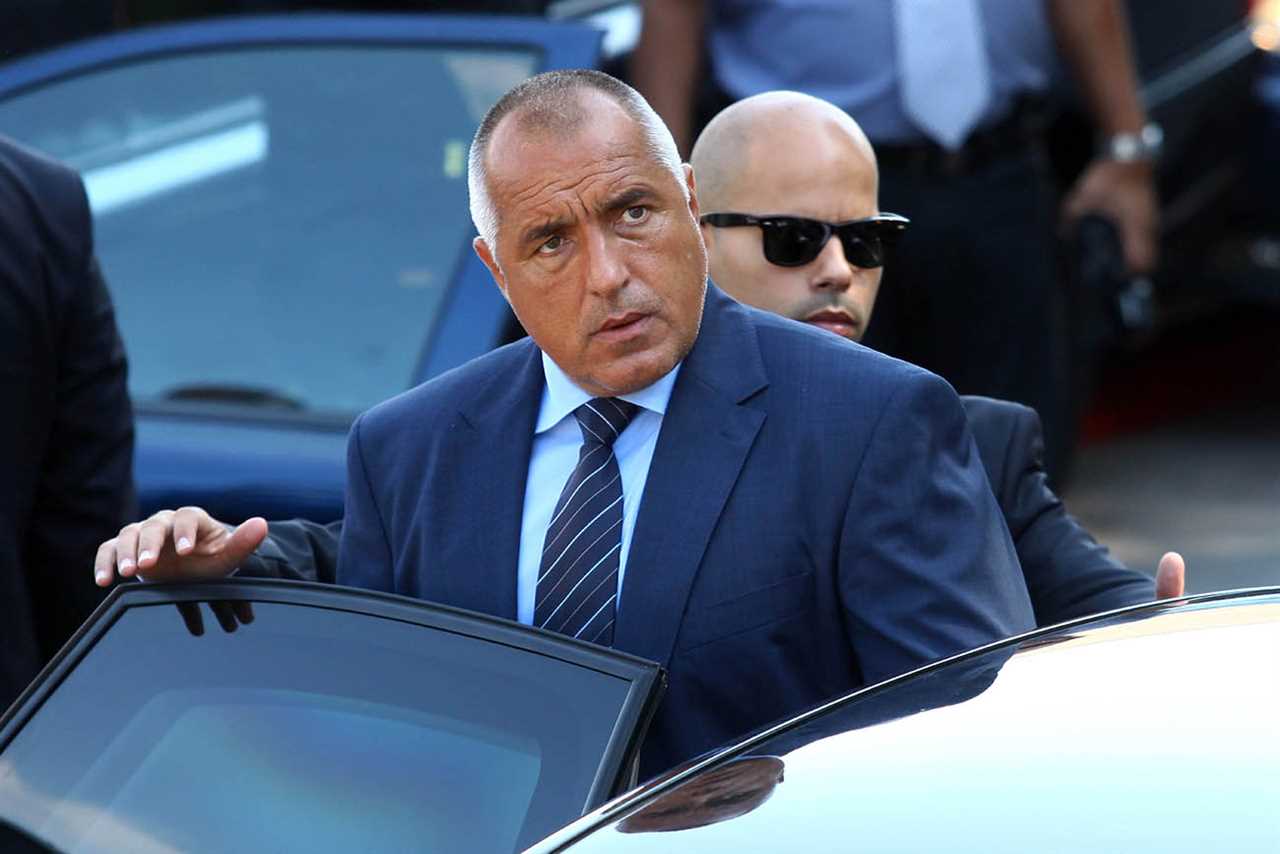While Bulgaria’s November 14 elections managed to break the political logjam that had paralyzed the country for most of 2021, which required three consecutive elections, the incoming government in Sofia has indicated it hopes to see progress, but will not remove its longstanding veto on North Macedonia’s EU entry without compromise.
Sofia’s firm position has essentially demolished the “fantasy scenario” being sold by a few politicians and a number of Western diplomats in Skopje, who have argued that only Prime Minister Zoran Zaev could bridge the chasm with Bulgaria and somehow magically re-energize the country’s now-frozen EU accession process in short order.
That is simply not happening as the European Council meeting on December 16 was once again unable to establish any kind of date for the start of accession negotiations. It produced yet another repeat of Brussels’ usual formula — encouraging words for the aspirant countries but no dates in sight. Also, there was no decision on the controversial idea of separating the accession processes for Albania and North Macedonia, leaving Albania effectively a hostage to the dispute.
Zaev’s “long farewell” continues
In North Macedonia, Zaev had previously offered to resign after his party performed poorly in the October municipal elections, opening the way for months of political uncertainty in Skopje including a no-confidence vote in Zaev’s government that was cancelled for lack of quorum, with one MP missing. This is all being seen as a cynical political maneuver, since Zaev now claims he must stay on to resolve the language and ethnicity dispute with Bulgaria, even after handing the leadership of his social democratic party (SDSM) to a handpicked successor.
However, one needs to ask the question as to whether Zaev would be an asset in these negotiations if he remains in place. Up to now, the calculus has assumed that in his weakened state, Zaev would quickly sign up to anything the Bulgarian side put in front of him.
A new Bulgarian Government forms up
Kiril Petkov was confirmed (134-104) as Bulgaria’s new Prime Minister on December 13, after his new anti-corruption “We Continue the Change” party (PP) sealed a coalition deal with several smaller parties the week earlier. His diverse coalition is comprised of the right-leaning anti-corruption group Democratic Bulgaria, the left-leaning Bulgarian Socialist Party, and the anti-elite “There Is Such A People” party.
While not fielding a huge majority, Petkov’s new coalition government will comfortably control slightly above 130 MPs in the country’s 240 seat parliament, which will contain a total of seven parties. The former governing GERB party led by ex-Prime Minister Boyko Borisov retains 59 seats in parliament.

Bulgaria’s former Prime Minister Boyko Borisov.
In presenting his coalition cabinet which contains a number of new and relatively unknown personalities drawn from the coalition parties, Petkov explained that “zero tolerance for corruption” will be the working motto of his government. Petkov announced that accelerating the country’s unimpressive COVID-19 vaccination program and devising new measures to shield citizens from the surge in energy costs would be his top priorities, along with yet another overhaul of Bulgaria’s anti-corruption agency.
Eye on North Macedonia dispute
It is doubtful that most foreign observers will do more than gloss over Petkov’s domestic initiatives. For most, the issue that matters is Bulgaria’s deep ongoing dispute with North Macedonia over the nature of that country’s political, linguistic, and cultural evolution, all of which Bulgaria views as recent and politically motivated deviations/separations from core Bulgarian roots.
Regarding the bilateral dispute, Prime Minister Petkov’s novel approach appears technocratic and results-oriented, something that has been welcomed by North Macedonian President Stevo Pendarovski, who noted that “the approach of the new Bulgaria PM, that history should not be the only venue of communication is acceptable to me.”
Time will tell how Petkov’s approach plays out and whether his diverse coalition including some strongly nationalist elements can move the issue forward considering the turmoil in Skopje. Petkov has indicated his intention to bring the country fully back into synch with the EU and NATO.
Petkov told the Financial Times earlier this week “we will propose a new process, very fast, with a limited timeframe, just six months long” which that publication interpreted as a U-turn in Bulgarian policy and predictably focused its coverage on this issue over the real issues the country faces, which is Petkov’s challenging domestic agenda.
What has been revealed up to now about the new Bulgarian approach including multiple working groups is based on Petkov’s own statements to the media. On procedures, he noted, “let the two populations start talking about the benefits of working together.”
Petkov said the working groups he was proposing would cover joint economic activity, infrastructure, culture, and history. The last two of those subjects cover the political minefields that have kept the dispute alive over the years. Petkov revealed Bulgaria would be offering unspecified economic incentives to reach a quick compromise in the joint economic working group.
However, Petkov did not indicate that he was willing to give away much of anything on the core issues, noting “once we put the upsides on the table. . . discussions about compromises are much easier to have.” Bulgaria will not drop its requirement that North Macedonia must amend its history textbooks and remove all references to Bulgarian troops as the “Fascist occupying force.”
Of course, Petkov dangled the necessary political carrot but perhaps offended Greece by forgetting an important geographical component of the neighboring country’s name. He said “Once this is all achieved . . . I believe we can happily sign Macedonia into the EU.”
-------------------------------------------
By: Alec Mally
Title: Bulgaria’s new government maintains Enlargement veto
Sourced From: www.neweurope.eu/article/bulgarias-new-government-maintains-enlargement-veto/
Published Date: Thu, 16 Dec 2021 21:04:51 +0000
Read More
Did you miss our previous article...
https://badpoliticians.com/uk-politics/biden-and-putin-speak-but-what-about
 UK PoliticsWorld PoliticsVideosPrivacy PolicyTerms And Conditions
UK PoliticsWorld PoliticsVideosPrivacy PolicyTerms And Conditions
